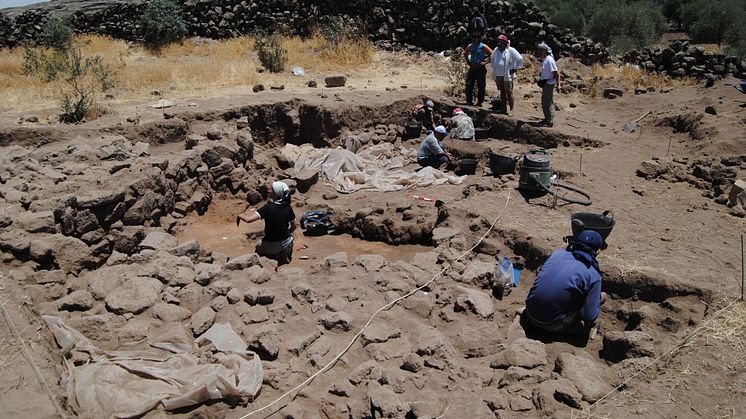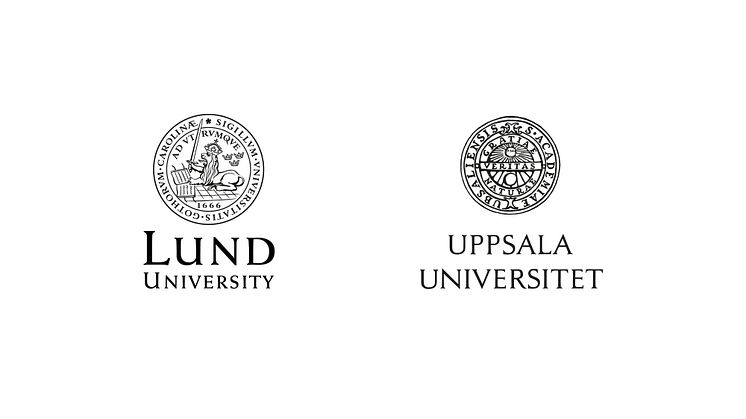Major increase in conflict-related deaths – approaching record levels of 2014
New data from the Uppsala Conflict Data Program (UCDP) at Uppsala University show that at least 119,000 people died in organised violence in 2021. This is an increase of 46 per cent compared to the previous year, and the highest number since 2015.

